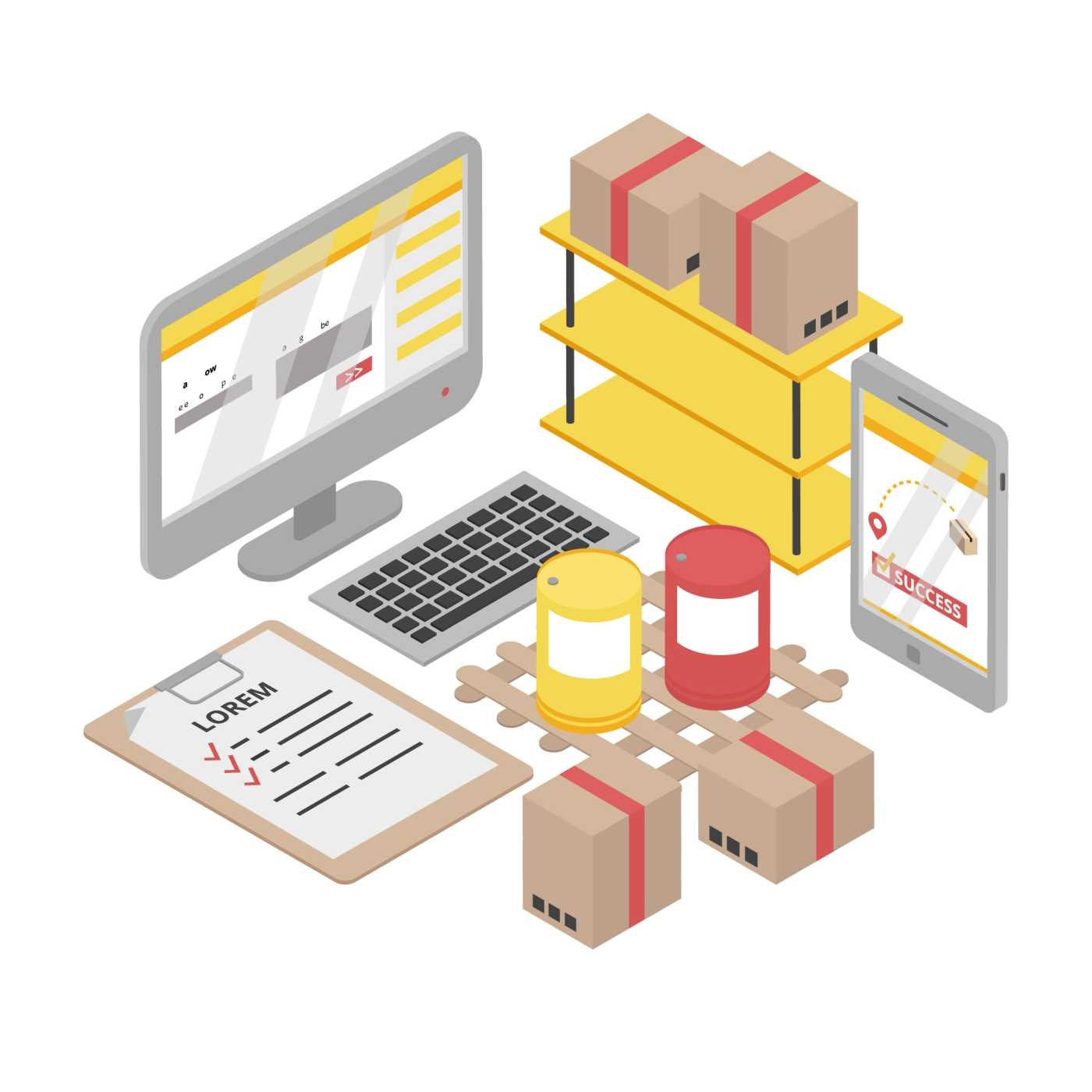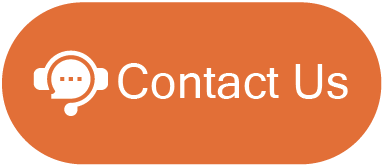Many financial firms have been trying to avoid the situation of changing their Order Management System due to the hectic process they have to undergo. Typically, there were three reasons for this reluctance to change:

- Customization: Most of the financial firms have the incumbent platform that would never have been customized over the years.
- Extensive Integration: The platform was fully integrated into all dependent systems, often entangled into a very complex infrastructure.
- Knowledge: Users would have the expertise in knowing all the system workarounds, and having familiarity with the internal system features.
Recently, the industry is realizing that this unwillingness to change is disappearing – firms are now actively considering changing the providers and thus assessing the different vendors in the space. This change appears to be driven mainly by two main factors: Dissatisfaction or instability with their current system, or closure of the current platform (obviously the case with SSEOMS recently exiting the business).
Since, the firms are changing their perspective and looking for the best alternative way to deal with the industry challenges, here are a few things you should consider before changing their Order Management System.
- Ensure the highest level of functionality:
The integrity of an Order Management System should be determined by the level of functionality, a provider has to offer! The functionality can range from basic to complex, then allocate and complex systems can integrate with the assessment of an OMS by the asset managers. - Easy Integration of OSM:
A flexible and easy integration should be provided. So, the client can plug in and play anytime. Check with the vendor on how they would integrate and ensure the multi-levels of checks to analyze the integrity of the data. - Cost:
Investing smartly is good but just because the vendor is expensive doesn’t mean that they provide a high quality of service. There are providers out there with reasonable pricing and offering customized solutions. - Easy Customization:
The process can be complex and rigid but the requirement for customization plays a major role in choosing a vendor. If your process is scaling according to the evolving technology, the platform has to support it by the scalability it has to offer. If you are looking for easy customization, it shouldn’t take a long process, instead, your team can easily manage those customizations without any fuss. - Multiple Instrument Support:
The compressed OMS integration increases accuracy and multi-market trading with multiple instruments is crucial for the complex requirement of financial firms.
Deploying a complicated system can result in a poor adoption rate, morale, and increased errors if your team isn’t trained well. However, a simpler system can be more productive initially but it may not be fulfilling all the complex requirements in the long run so it’s very crucial to consider the trade-offs between systems.







